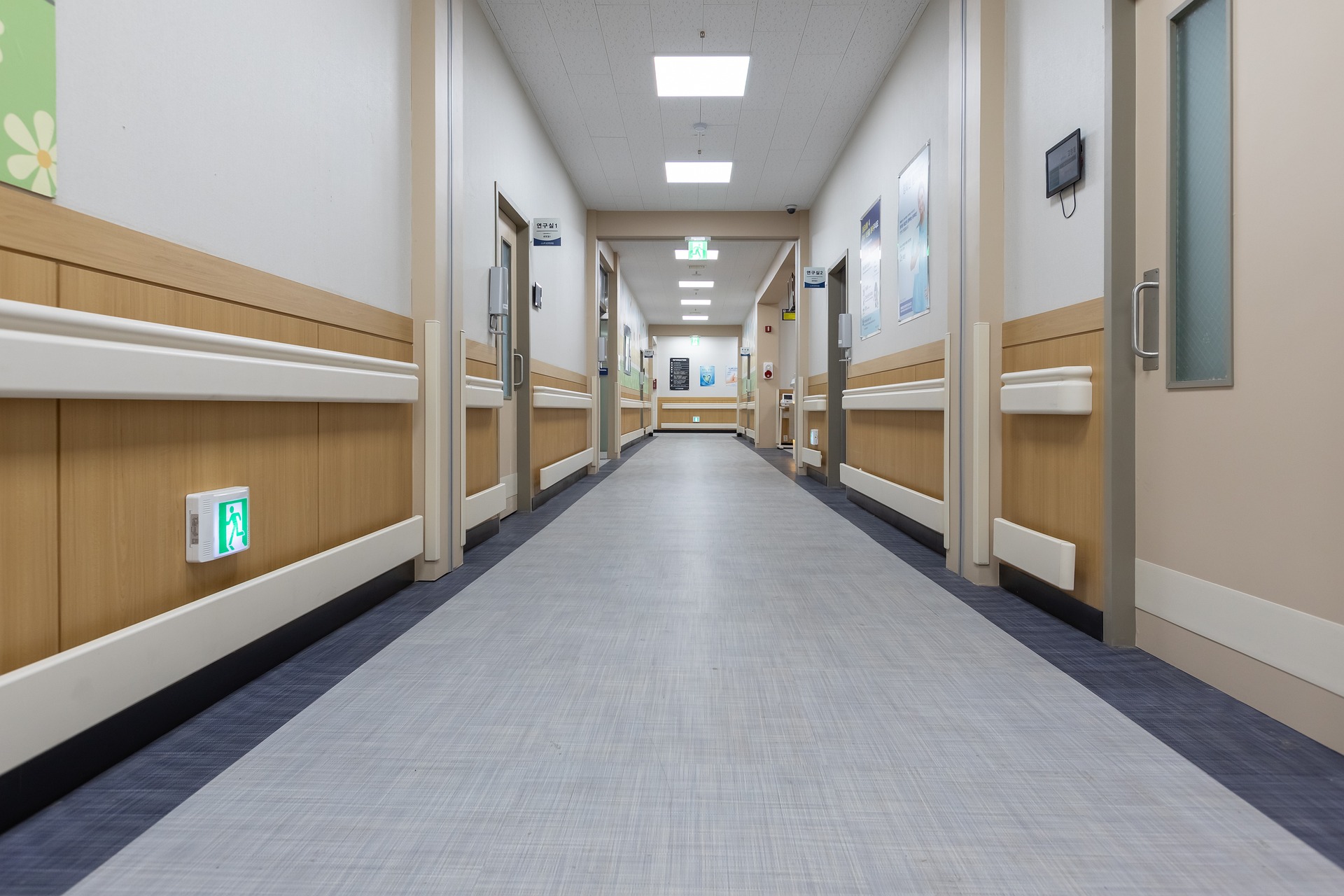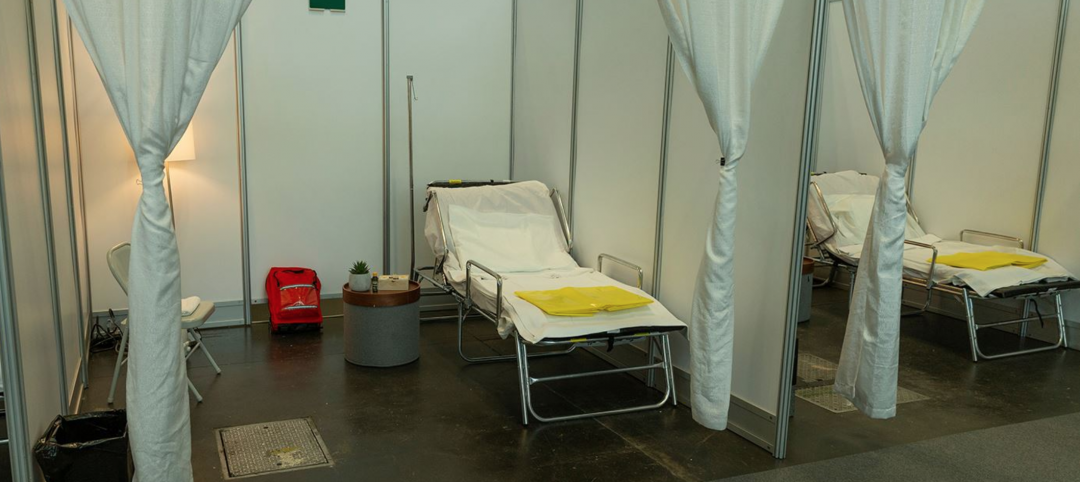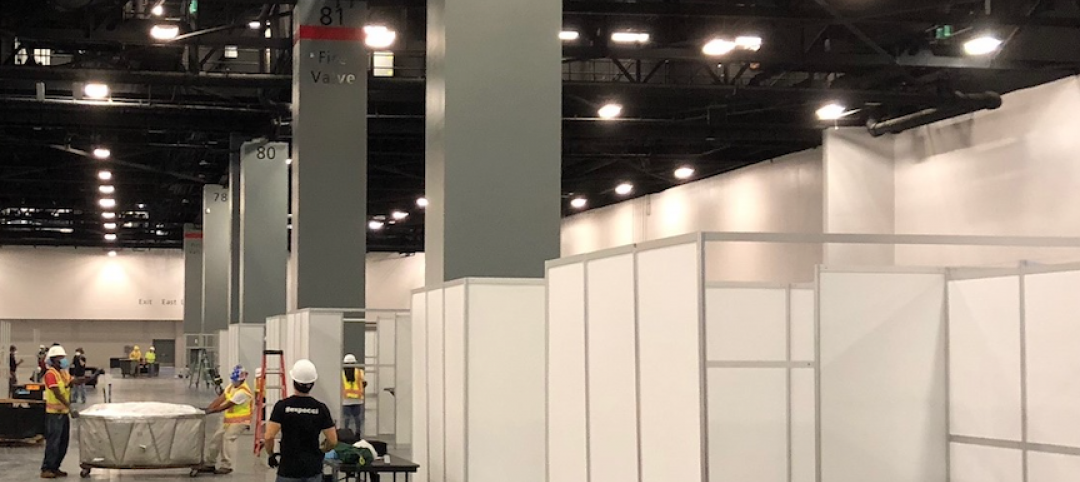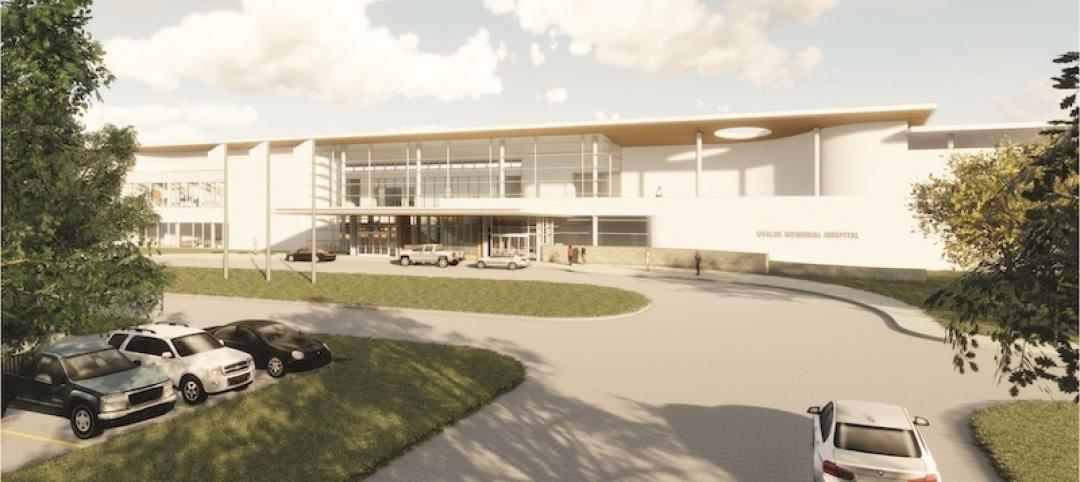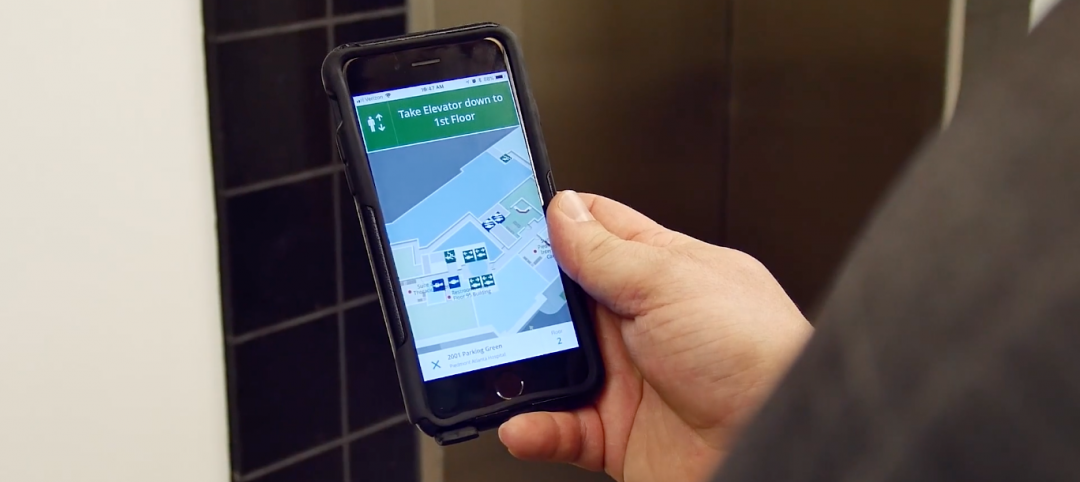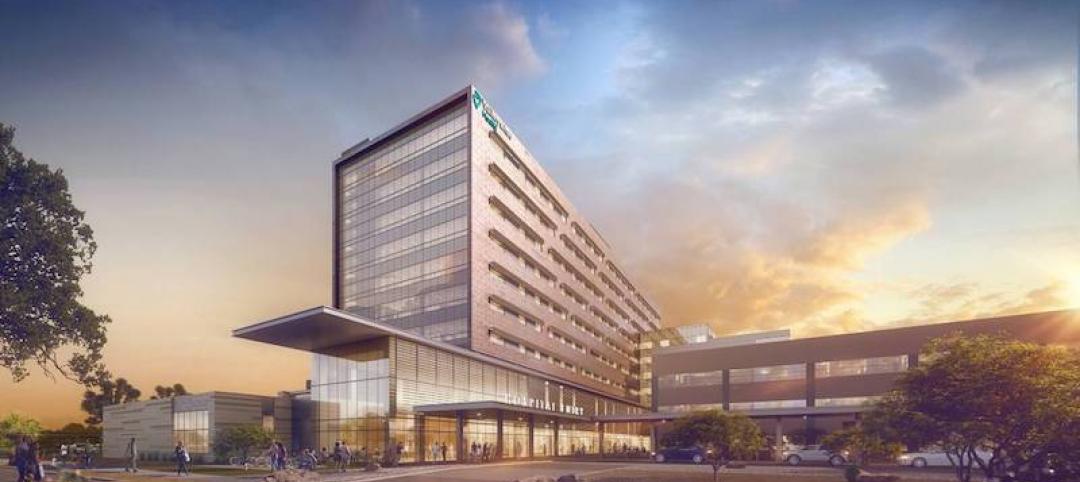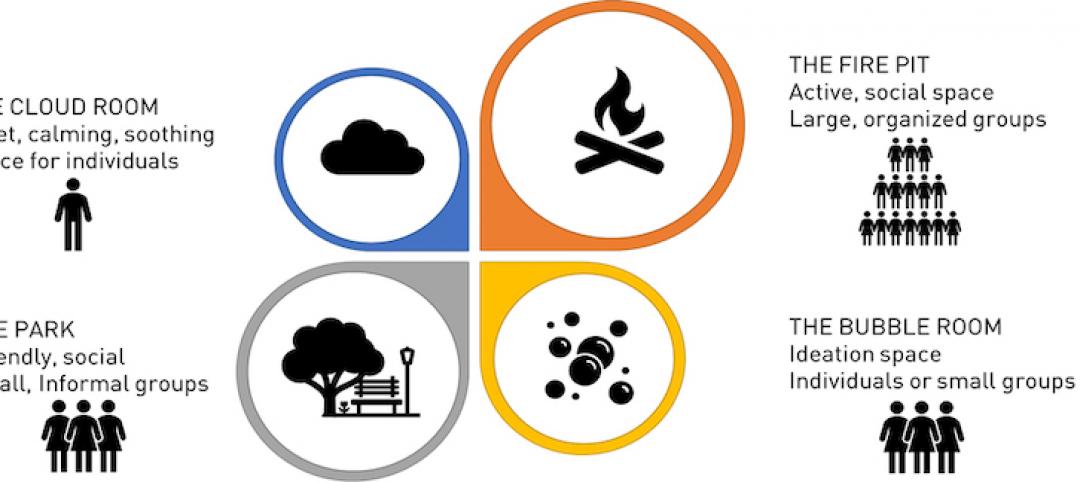In the ever-evolving landscape of healthcare, the construction of state-of-the-art facilities is a visible testament to the sector's commitment to advancing patient care. However, this progress does not come without its challenges. The industry is grappling with a complex web of factors that escalate construction costs, test its resilience, and underscore the importance of reliable, up-to-date construction cost data.
According to Gordian’s RSMeans Data Online Building Models, the national average cost per square foot for commercial new construction of hospitals is nearly 20% higher today than in 2020. In addition to rising construction costs, other key challenges include integrating new technologies, sourcing skilled labor, managing material availability, and implementing infection control protocols. These factors can significantly impact project budgets and timelines.
More building construction cost reports from Gordian:
- Retail center construction costs for 2024
- K-12 school construction costs for 2024
- Healthcare construction costs for 2023
- Higher education construction costs for 2023
- Hospitality building construction costs for 2023
Current, localized construction cost data is crucial for creating accurate budgets, planning future expansions, ensuring timely project completion, and maintaining a competitive edge.
Gordian’s data features over 100 building models, including hospital buildings. These localized models allow architects, engineers, and other preconstruction professionals to quickly and accurately create conceptual estimates for future builds. This table shows a five-year view of costs per square foot for three-story hospital buildings.
Visit rsmeans.com/bdandc for more information about Gordian’s RSMeans Data.
Please note: Square foot models are used for planning and budgeting and are not meant for detailed estimates.
Related Stories
Coronavirus | Apr 10, 2020
COVID-19: Converting existing hospitals, hotels, convention centers, and other alternate care sites for coronavirus patients
COVID-19: Converting existing unused or underused hospitals, hotels, convention centers, and other alternate care sites for coronavirus patients
Coronavirus | Apr 9, 2020
COVID-19 alert: Robins & Morton to convert Miami Beach Convention Center into a 450-bed field hospital
COVID-19 alert: Robins & Morton to convert Miami Beach Convention Center into a 450-bed field hospital
Coronavirus | Apr 4, 2020
COVID-19: Construction completed on first phase of Chicago's McCormick Place into Alternate Care Facility
Walsh Construction, one of the largest contractors in the city of Chicago and in the United States, is leading the temporary conversion of a portion of the McCormick Place Convention Center into an Alternate Care Facility (ACF) for novel coronavirus patients. Construction on the first 500 beds was completed on April 3.
Coronavirus | Apr 1, 2020
TLC’s Michael Sheerin offers guidance on ventilation in COVID-19 healthcare settings
Ventilation engineering guidance for COVID-19 patient rooms
Healthcare Facilities | Mar 29, 2020
A ‘roadmap’ for building hospitals in rural and underfunded markets
Hoar Construction’s formula emphasizes preconstruction planning and input from healthcare workers.
Healthcare Facilities | Mar 27, 2020
Designing healthcare for surge capacity
We believe that part of the longer-term answer lies not just with traditional health providers, but in the potential of our cities and communities to adapt and change.
Modular Building | Mar 17, 2020
Danish hospital is constructed from 24 steel frame modules
Onsite construction was completed in two weeks.
Healthcare Facilities | Mar 9, 2020
Mobile wayfinding platform helps patients, visitors navigate convoluted health campuses
Gozio Health uses a robot to roam hospital campuses to capture data and create detailed maps of the building spaces and campus.
Healthcare Facilities | Feb 28, 2020
Valleywise Health Medical Center breaks ground in Phoenix
Cuningham Group Architecture and EYP designed the project.
Healthcare Facilities | Feb 27, 2020
Milieu: Creating restorative environments in behavioral health
It’s time to take a closer look at the collection of therapeutic settings known as milieu.


